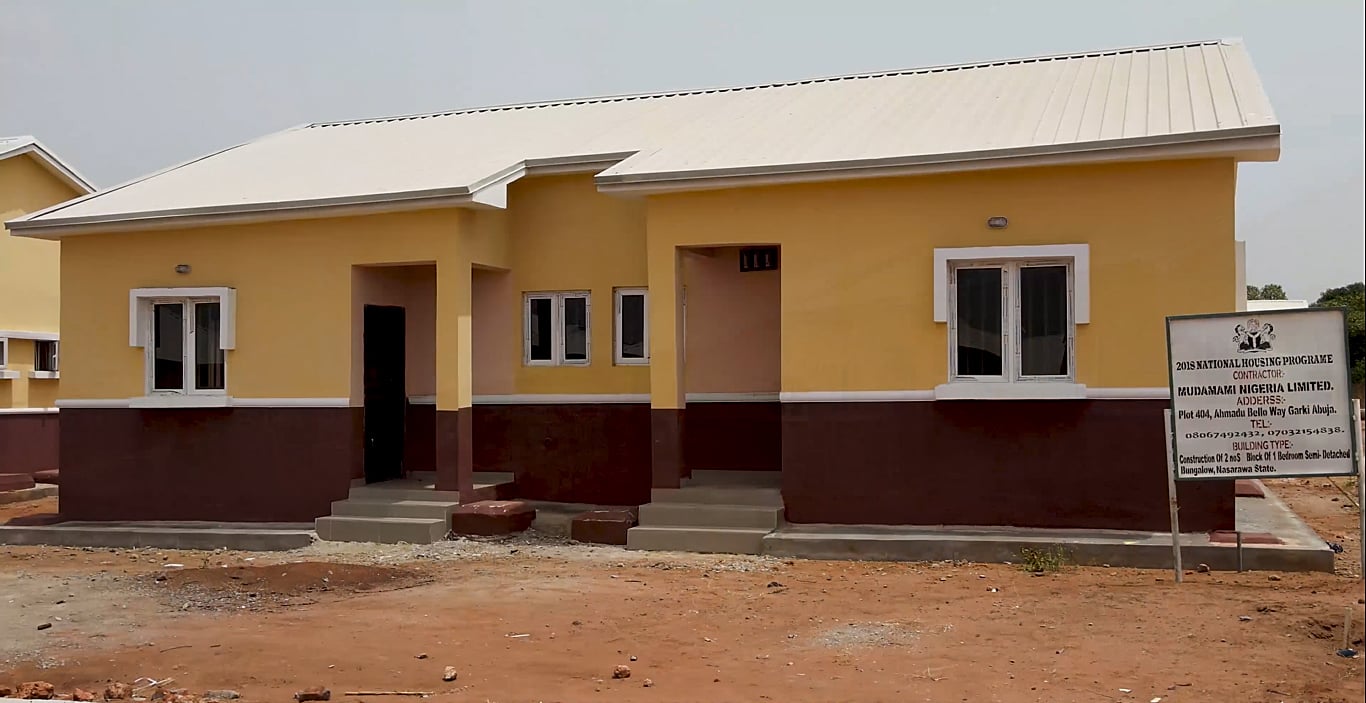Estate agents in the UK deal leasehold land and freehold land. Do you understand what the difference is? If you're aiming to purchase a piece of land it's vital you comprehend on what basis you're buying, as it can affect your rights in all sorts of ways.
In this guide, we'll be concentrating on leasehold land. We'll explore what it is and whether it may be the right alternative for you.
What do we mean by the term leasehold land?
When it comes to leasehold land much like property leases, the purchaser does not become the outright owner. Instead, the purchaser buys special permission to use the land for a time period. A piece of land's ownership history, in addition to its existing period (i.e. freehold ownership vs leasehold ownership), are all consisted of in its title deeds, a copy of which is normally held by HM Land Registry.
Leasehold ownership lengths can differ hugely. Some lease lengths might be for a 50-year duration, a 90-year duration or perhaps a 999-year duration, depending upon the initial lease and when it was prepared. When the time limitation on the lease comes to an end, it can usually be extended, but this might sustain legal expenses.
There are pros and cons to the purchase of leasehold land. In particular circumstances, such as the development of inexpensive housing in inner cities with high residential or commercial property costs, it can be of fantastic benefit.
Where did the concept of leasehold land originated from?

The idea of owning land and renting it to others is not a brand-new one. It can be seen in the history books as far back as the Norman conquest, although it would have looked really various to how it does today.

The leasehold land model as we understand it dates back to when the 'landed gentry' owned big swathes of land or large country estates, using long-term lease contracts to those wishing to farm or live on the land. In the UK a few of the biggest landowners were (and still are) The Crown and the Church, with lots of long leases sold to enable the structure of both business residential or commercial properties and homes.
Large landowners would give long leases to developers permitting them to establish and either sell or earn rental income from the land. Those landowners would then share in the source of income that was ultimately received from any structures set up. Still to this day, locations of London, including Regent Street and the areas around a number of the royal parks, are constructed on leasehold land owned by The Crown.
It's only been considering that the Second World War, when regional authorities were aiming to assist restore their cities and neighborhoods and produce cost effective housing in a challenging financial period, that this leasehold land model started to make good sense.
It enables much-needed affordable housing developments to be financed and developed without the crippling up-front expenses associated with land purchase. And what's more, it sees a constant stream of income coming back into the public coffers over the longer term.
Is leasing land a good idea?
As the freeholder, the owner of the land will need to pay the expenses of purchasing the land. This could be a large amount. If you don't have available capital to invest, renting can be an excellent path to acquiring the right to use the land for whatever you wish at a fraction of the preliminary cost.
Leasehold land offers more security than you may think. Most of the times, a leasehold arrangement provides the exact same level of security as a freehold. The contract you sign to acquire the lease will mention the specific amount of time for which the land is leased to you. During this period, no one can remove the land from you for any factor.
If you develop a home on the land you will have the same rights over it as you would were the land freehold. You will have the ability to remodel, extend or alter it, sell it or lease it out without first seeking approval from the landowner. What's more, if you pass away, the ground lease can be passed on via your will.
You will have the ability to utilize your tract nevertheless you desire, depending on the regards to the lease and subject to regional preparation authorization. Most agreements will enable you to put up a home, industrial residential or commercial properties, build something for the good of the community, or work from the land as you require to.
Once the lease period is over, you should can restore your contract, via a lease extension, and continue with the plan you had. And it will continue to be the task of the owner to preserve the land that he has rented, covering upkeep costs, service charges, administration charges and so on.

And satisfying the purchase price should not be a problem, there are lots of mortgage loan providers that will more than happy to help you fund the purchase as long as the lease term remaining is adequate.
Who does leasehold fit?

Leasing land works specifically well in some circumstances. If, for example, a landowner desires to retain ownership of a plan of land however not establish it themselves, they could participate in a land lease contract with a developer. This would put the onus on the developer to construct and sell one or more homes, while the freeholder retains ownership of the land.
In this case, the residential or commercial property owner would enjoy a steady earnings stream from ground lease charges and other upkeep charges.
Due to the cost and length of time it takes before a roi is seen, it can be especially tough for smaller personal designers to acquire good plots of land to develop on, specifically in more expensive locations such as central cities.
If developers who aren't cash-rich find it difficult to secure finance to money the up-front purchase of a piece of land, the chance to rent and pay back throughout time, lastly passing those continuous costs to buyers, is an appealing one.
The leasehold model offers the opportunity for councils, charities, housing cooperatives and Community Land Trusts (CLTs) - a form of community ownership - to come together and assist people on lower incomes to build their own homes. All by decreasing or getting rid of the need to discover the up-front capital to acquire land.

Are there any drawbacks?
While you may discover it useful to prevent the high expense of purchase initially, paying yearly ground rent charges can also be painful in the long run. These charges are responsible to rise in line with the local market rate for land, and you might have little control over the boost.
When you acquire leasehold land in the first place it is very important to check for how long is staying on the lease. Extensions not only need sensible time and effort, however they are likely to incur legal charges.
What's more, there is a threat your extension demand could be denied. The landowner might not desire to extend the lease, possibly preferring to develop the land or use it personally in some way. If you have actually invested cash to make the land suitable for function this could be difficult.
As a leaseholder rather than a freeholder you will not have general control of what you can do with or on the land. Be sure to investigate what you are and aren't allowed to do according to the terms of your lease.
Feel confident, much of these risks can be mitigated by doing your research study and seeking skilled legal advice upfront.
What happens at the end of a lease?
At the end of a lease, where no extension has been agreed, the landowner will have the right to seize the land and whatever that has been constructed on it. Ownership is legally moved. Use Addland's guide on how to find who owns land to find the very best method for you to research land ownership.
Interestingly in numerous places in Europe - where leasehold is a popular method for councils to own and lease out land and residential or commercial property - this right of foreclosure does not exist in the same method. If the lease is not to be extended, the council will typically consent to pay the outgoing leaseholder the residential or commercial property assessment of any structure that has been constructed on the land.
Is leasehold the ideal model for you? Addland can assist you discover leasehold land for sale In the UK, saving you time by giving you all the info you need in one location. And with information from HM Land Registry and Ordnance Survey, covering considerations from flood zones to AONBs, we can help you develop a complete photo of the land you're looking to purchase.
Addland makes it simple to Find, Research, Buy or Sell land. Start your land journey today.








